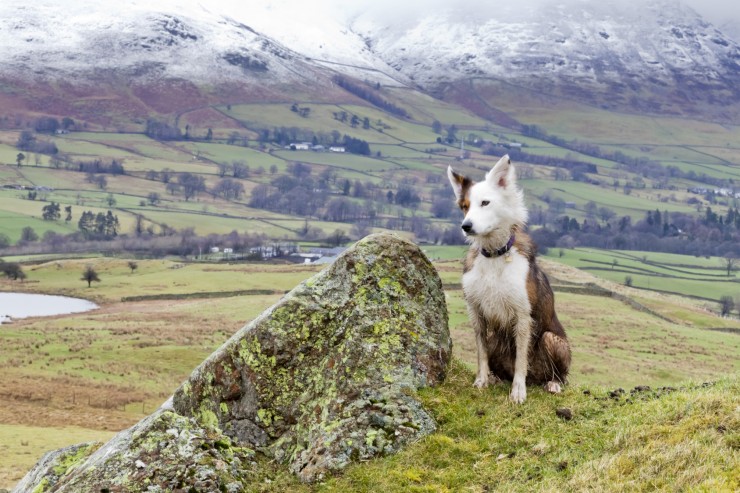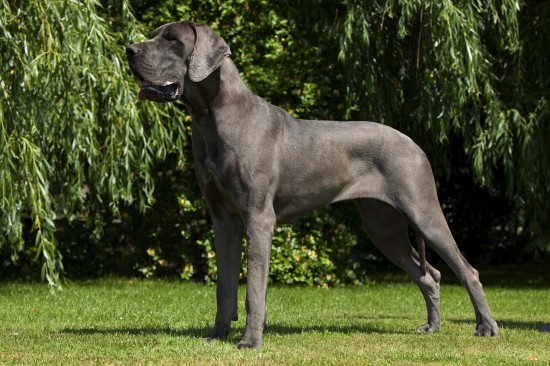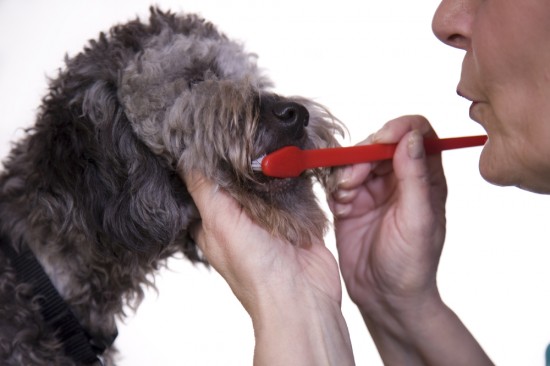
If you live in a cold climate, you may wonder what the best dogs are for these colder areas. Of course dogs, as long as they are kept indoors where they are warm can live in any climate, but it is true that some breeds are naturally more adaptable to the cold because of where they were bred and their coats. Some dogs have massive coats and therefore, actually do better in cold climates than they do in warmer climates. One such dog is the Alaskan Malamute.
The Bernese mountain dog is also a good dog to have if you live in a colder climate, but these dogs are also massive in that they are quite large and can grow up to 120 pounds on average, which may be too large for some people. It seems that most of the larger breeds with thick coats are the ones that are better suited to colder climates, while smaller dogs, even those with longer hair are more suitable to moderate temperatures. However, many smaller dogs love the snow and therefore, are a lot of fun to play with in the snow, but cannot take staying out in the bitter cold for as long as the bigger thicker haired dogs such as the Chow Chow.
It is a wise idea to consider the climate in which you live before selecting your dog. If you live in a very hot climate, you might want to rethink getting a Siberian husky since these dogs were bred for the colder temperatures and does not do all that well in hotter climates. If you do adopt a dog that is better suited to a colder climate and you live in a hotter area, you can choose to have them shaved close in the hottest part of the summer in order to keep them more comfortable, and make sure you keep them inside in the air-conditioning in the summer months.
If you happened to have a mixed breed with a thick undercoat, they are probably more suited to a colder climate, but not always. Therefore, you need to make sure during the colder months and the warmer months that you watch how your dog reacts to the varying temperatures. If he or she is panting excessively, it means they are overheated and you need to bring down their body temperature quickly. The best way to do this is by taking a sponge and soaking it in cold water and then squeezing it on the bottoms of the pads of their feet. You can also put some of the water on their foreheads; this will help to bring their body temperature down.
Likewise, if you notice the dog shivering in the cold of winter, it means he or she is too cold and you can choose to turn up the heat in your home, or wrap them in a blanket to get them warmed up. Dogs are like people in a sense as they can become chilled and just need a minute to warm up and then they are good to go.
 Pet-friendly Holiday Cottages In The Lovely Lake District
Pet-friendly Holiday Cottages In The Lovely Lake District
 Health Issues That Large And Giant Breed Dog Owners Should Be Aware Of
Health Issues That Large And Giant Breed Dog Owners Should Be Aware Of
 The Importance Of Looking After Your Dogs Teeth
The Importance Of Looking After Your Dogs Teeth
 Common Health Issues In Degus Other Than Diabetes
Common Health Issues In Degus Other Than Diabetes
 What Is Feline Dwarfism?
What Is Feline Dwarfism?
 Review Of Holistic Dog Food - - - - So Whats Really The Best?
Review Of Holistic Dog Food - - - - So Whats Really The Best?
Copyright © 2005-2016 Pet Information All Rights Reserved
Contact us: www162date@outlook.com